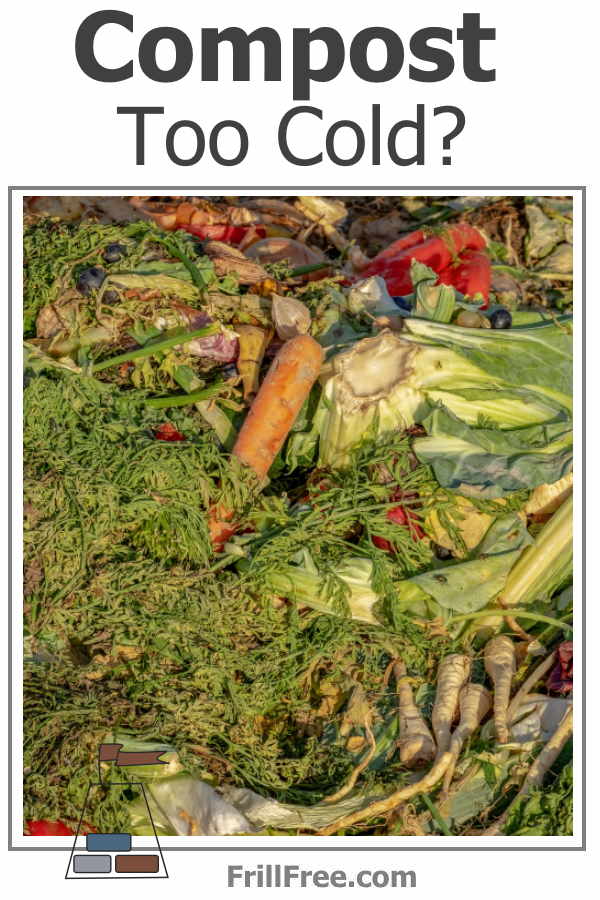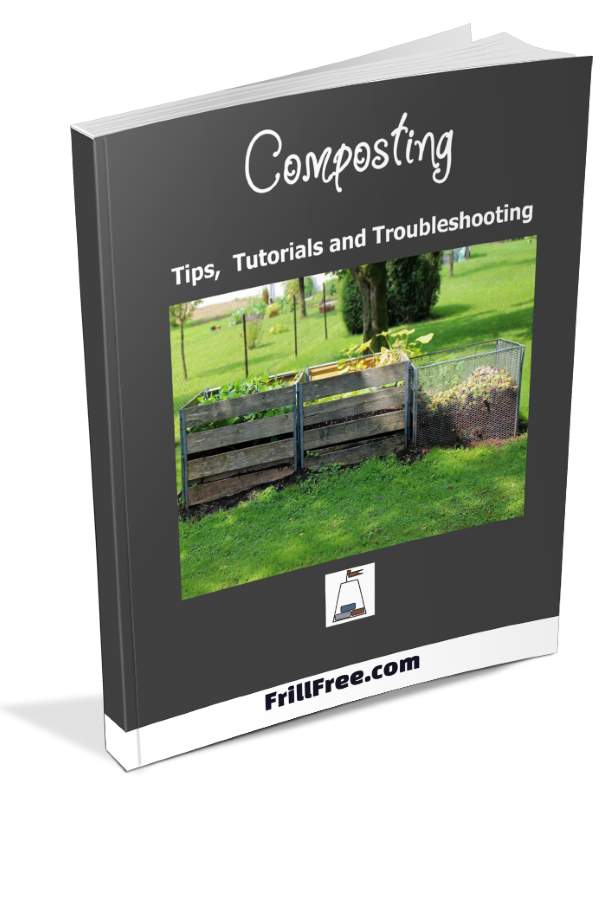- Homesteading
- Composting
- Compost Too Cold
Compost Too Cold?
Here's What To Do About It
You're eagerly awaiting the maturity of your compost, and it's been several weeks, or even months. So you dig into it to only to find it slimy, smelly and the ingredients look exactly the same as when they went in.
This is a common problem, with several solutions. The first solution is to make sure your compost pile is big enough. A small pile won't have the mass to get up to speed, and will never be able to heat up much.
So make the pile bigger, is the first solution. Add more to it; chipped or shredded twigs, leaves, grass or even garden debris like tomato stalks, squash plants and the like. These need to be shredded down to the smallest size you can, or they won't do anything. You'll continue to have the same problem.
Use a chipper or a machete to chop the pieces up to give them more surface area.
To heat a cold compost up and get it moving again involves turning it, and adding some kind of activator.
These can be a high nitrogen source like blood meal or alfalfa pellets, or even some old compost. This adds a food source for the existing micro herd, and also adds some more micro herd members.
Compost Smelling Sour?
If the whole thing looks slimy and wet, and smells like sour mash, this is a different problem.
This is what happens when there isn't enough air getting into the pile.
I have used a length of pvc drain pipe with holes in it to build the pile around, either horizontally or vertically. This works, but so does just turning it and fluffing it up, adding the activator of your choice to it in layers.
Alternately, you can add some liquid organic fertilizer to it, often and regularly. Over time, this would replace the moisture in the pile already, and get it moving again.
A dry compost pile is similar, and you can add plain water to it, or the LOF. You could probably avoid turning the pile by covering it with a plastic bag to catch the condensation from it, returning it by gravity action.
This is a common problem with compost piles - often, they take a year or even longer to mature, but finding out at the end of that time that they aren't even close to being complete is a real disappointment.
The classic signs of a cold compost is un-decomposed materials, that look just the same as when they went in. This can be tomato skins, broccoli stems and citrus rinds. They are the last to rot down, especially if the original materials were not chipped or shredded.
Dig into your compost to investigate often. You can still do something about it, but quicker action will save you time in the long run.
Got the opposite problem, and the compost is too hot?













